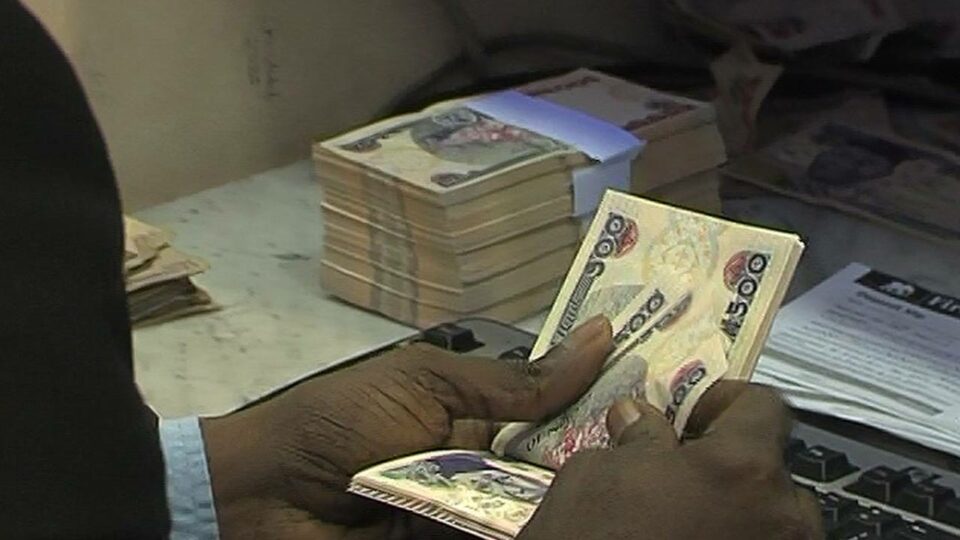Imports of raw materials into the country rose by 25 per cent to N3tn in 2023.
This is according to the Foreign Trade Statistics data published by the National Bureau of Statistics.
The major raw materials imported during the period included cane sugar, other lubricating oils meant to be mixed further, preparations of milk containing vegetable fats and oils, mixtures of odoriferous substances, sheets for veneering, among others.
Conversely, Nigeria could only export raw materials worth N1.8tn between 2022 and 2023, recording a N3.6tn balance of trade.
Speaking with The PUNCH, the Chief Executive Officer of the Centre for the Promotion of Private Enterprise, Muda Yusuf, linked the increase in raw material imports (in naira terms) to the depreciation of the naira.
He said, “I think it is because of the naira depreciation. If you were importing something that was $1m when the exchange rate was N450, now you are importing products worth $1m and the exchange rate is N1,500.
“That is three times already if you multiply it in naira. So, in dollar terms, the import may have even reduced. We have to consider that.” Related News Binance: Does Nigeria have a case? CPPE backs CBN’s recapitalisation move Economy records over $1.5bn inflow in days, says CBN
In the last few years, manufacturers had lamented that over-reliance on imported raw materials had been an albatross on the real sector of the economy.
During an annual general meeting of the Apapa branch of the Manufacturers Association of Nigeria, the immediate past MAN President, Mansur Ahmed, said that excessive reliance on imported raw materials had significantly weakened the Nigerian manufacturing sector.
He noted, “Our manufacturing sector is weak because it is dependent on imported materials that we then process. We must therefore scale up or scale down. Our manufacturers have to go back and do the transformation.
“We in manufacturing need to focus on this issue. We need to build infrastructure. I was in a meeting where the Vice President inaugurated the National Council on Infrastructure.”
Mansur recommended a public-private partnership that aimed to encourage backward integration, import substitution and other measures that would curb excessive import of raw materials.
Recently, in a statement released in response to the recent hike in the Monetary Policy Rate by the Central Bank of Nigeria, MAN expressed worry that the resulting limited access to credit would limit backward integration, research and development and innovation needed to enhance productivity and rapid industrial-led economic growth.
It declared, “Further reduce the reliance of the country on imported products and raw materials by providing incentives for investment in backward integration and local sourcing to reduce the pressure on the dollar to the barest minimum.”
